The Indian Political System: A Framework of Democracy
India, the world's largest democracy, has a complex and multifaceted political system designed to manage the country's diversity and vast population. The Indian political system is rooted in the Constitution of India, which lays down the structure, powers, and functions of various government bodies and ensures the rights and duties of its citizens.
1. The Constitution of India
- Supreme Law of the Land: The Constitution of India, adopted in 1950, is the supreme legal document that outlines the framework of governance, fundamental rights, directive principles, and duties of citizens. It is the longest-written constitution in the world and serves as the foundation of the Indian political system.
- Call to Action: Understand the Constitution’s impact on your rights and responsibilities by consulting with constitutional experts.
2. Structure of the Indian Political System
The Indian political system is divided into three main branches:
-
Legislature: The law-making body of the government.
- Parliament of India: The Parliament is a bicameral legislature consisting of two houses:
- Lok Sabha (House of the People): The lower house, where members are directly elected by the people of India. It is responsible for making laws and policies.
- Rajya Sabha (Council of States): The upper house, where members are elected by state legislatures or appointed. It represents the states of India and reviews legislation passed by the Lok Sabha.
- State Legislatures: Each state in India has its own legislature, which can be unicameral (one house) or bicameral (two houses). The state legislature makes laws on subjects in the State List.
- Call to Action: Engage with policy analysts and legal experts to stay updated on legislative changes that could impact your business or personal life.
-
Executive: The body responsible for enforcing laws and policies.
- President of India: The President is the ceremonial head of state and the supreme commander of the armed forces. The President also plays a key role in the legislative process by giving assent to bills passed by Parliament.
- Prime Minister and the Council of Ministers: The Prime Minister is the head of government and leads the executive branch. The Council of Ministers, headed by the Prime Minister, is responsible for running the government and implementing laws.
- State Executives: In each state, the Governor acts as the representative of the President, while the Chief Minister leads the state government with the support of the Council of Ministers.
- Call to Action: Collaborate with government relations specialists to navigate the complexities of the executive branch and its impact on your interests.
-
Judiciary: The system of courts that interprets and applies the law.
- Supreme Court of India: The highest judicial authority, responsible for interpreting the Constitution and serving as the final court of appeal.
- High Courts: Each state has a High Court that handles legal matters at the state level.
- Lower Courts: District and subordinate courts handle legal matters at the district and local levels.
- Call to Action: Secure your legal rights by consulting with judicial experts who can provide guidance on navigating the court system.
3. Political Parties and Electoral System
-
Political Parties: Political parties are the lifeblood of the Indian political system. They represent different ideologies and compete in elections to gain power.
- National Parties: These parties operate across the country and have a significant presence in multiple states (e.g., Bharatiya Janata Party (BJP), Indian National Congress (INC)).
- State Parties: These parties focus on specific states or regions and play a crucial role in state-level politics.
- Call to Action: Stay informed about the policies and platforms of various political parties by engaging with political analysts.
-
Electoral System: India follows a first-past-the-post electoral system, where candidates who receive the most votes in a constituency win the election. Elections are held at the national, state, and local levels.
- General Elections: Held every five years to elect members of the Lok Sabha.
- State Elections: Held every five years to elect members of the state legislatures.
- Local Elections: Held to elect representatives at the municipal, panchayat, and other local levels.
- Call to Action: Participate in the democratic process by voting and staying informed about the electoral process and its implications for governance.
4. Federalism and Center-State Relations
India’s political system is based on federalism, where powers are divided between the central government and the state governments.
- Union List: Subjects on which only the central government can legislate (e.g., defense, foreign affairs).
- State List: Subjects on which only state governments can legislate (e.g., police, public health).
- Concurrent List: Subjects on which both central and state governments can legislate (e.g., education, criminal law).
- Call to Action: Work with federalism experts to understand the division of powers and its impact on your business operations across different states.
5. Local Governance
- Panchayati Raj System: A three-tier system of local governance in rural areas, consisting of village, block, and district-level bodies. It empowers local communities to participate in decision-making processes.
- Urban Local Bodies (ULBs): Municipalities and municipal corporations are responsible for urban governance and managing local affairs in cities and towns.
- Call to Action: Strengthen community engagement by collaborating with local governance bodies to ensure sustainable development and effective implementation of local policies.
6. Political Rights and Duties of Citizens
- Voting Rights: Every Indian citizen above the age of 18 has the right to vote in elections.
- Fundamental Rights: The Constitution guarantees fundamental rights to all citizens, including the right to equality, freedom of speech, and protection from discrimination.
- Fundamental Duties: Citizens are expected to abide by the Constitution, respect national symbols, and promote harmony.
- Call to Action: Exercise your political rights and fulfill your civic duties to contribute to the democratic process and nation-building.
Call to Action: Engage with the Indian Political System
The Indian political system is vast and intricate, influencing every aspect of life in the country. Whether you are an individual, a business, or an organization, understanding this system is crucial to navigating its complexities and making informed decisions.
Get Involved Today:
- Consult with Political Experts: Gain insights into how the political landscape affects your interests. Contact our team of political analysts for a comprehensive consultation.
- Stay Informed: Keep up with the latest political developments and policy changes by subscribing to our newsletters and updates.
- Participate in Democracy: Make your voice heard by actively participating in elections and civic initiatives. Register to vote and join local governance programs.
Connect with Us:
- Contact Us: Call us at 9116098980/9119112929 to speak with a growth strategist.
- Explore Our Services: Visit our website at www.zumosun.com to learn more about how our Work Engines can benefit your business.
- Schedule a Consultation: Email us at info@zumosun.com to schedule a personalized consultation and begin your growth journey.
Empower yourself with the knowledge and tools to engage effectively with the Indian political system. Your participation is vital to shaping the future of the nation. Let’s work together to build a more informed and active democracy.



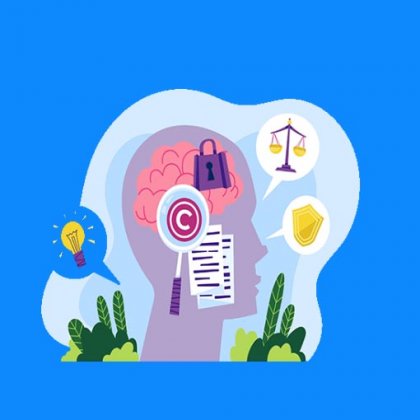
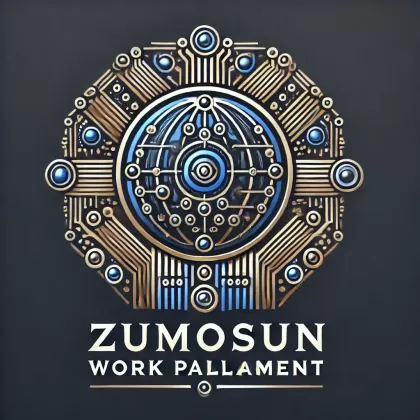


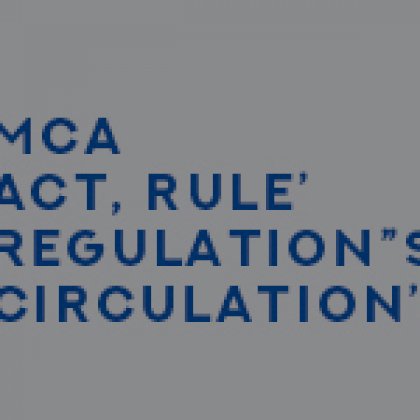
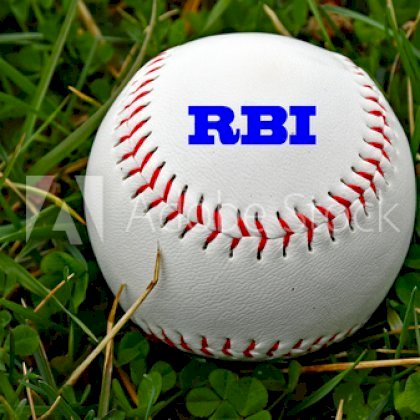











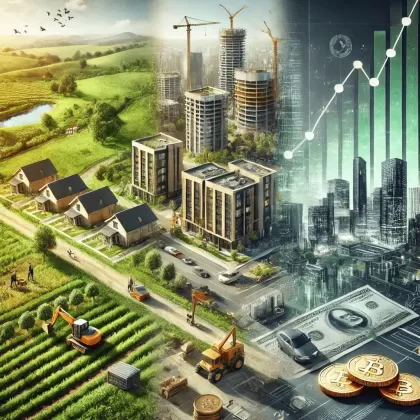

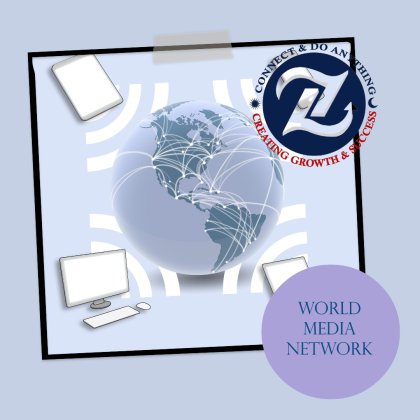












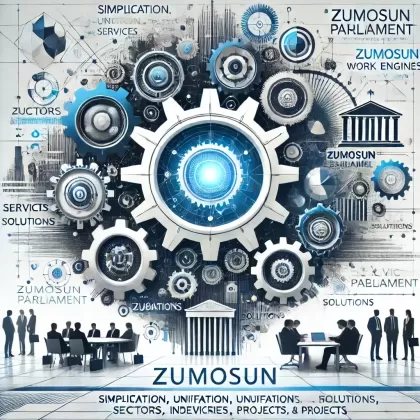




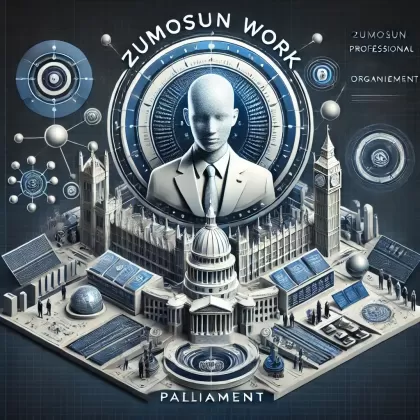

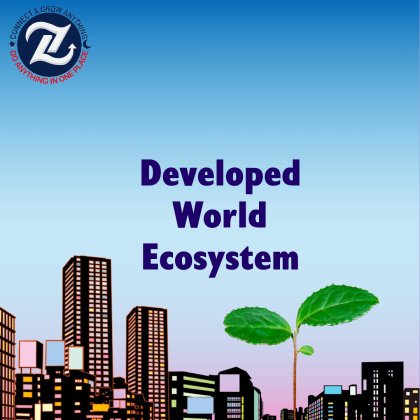

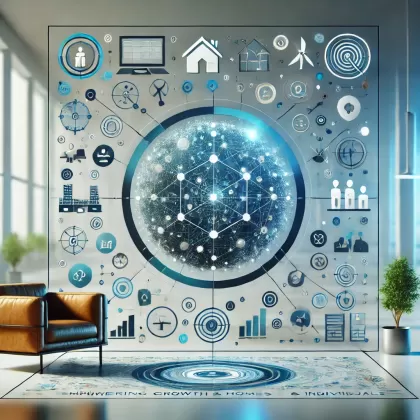
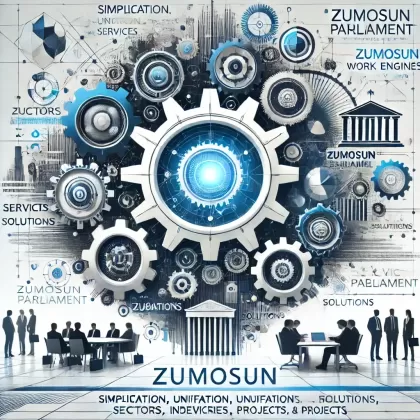
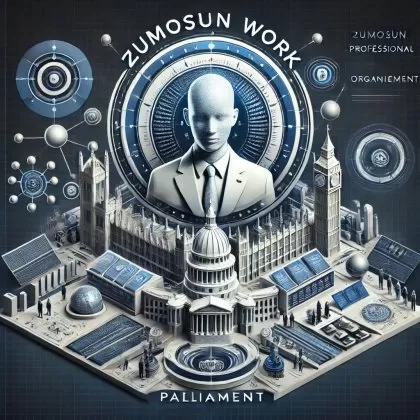

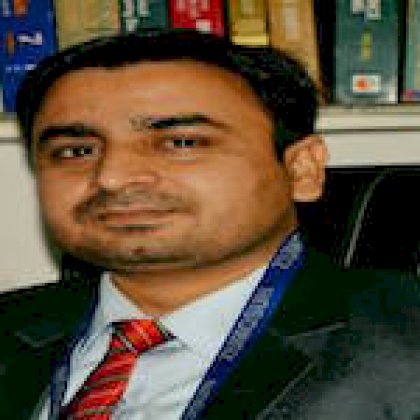
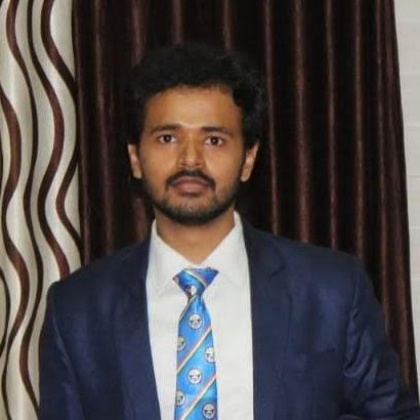








No comments found for this product. Be the first to comment!